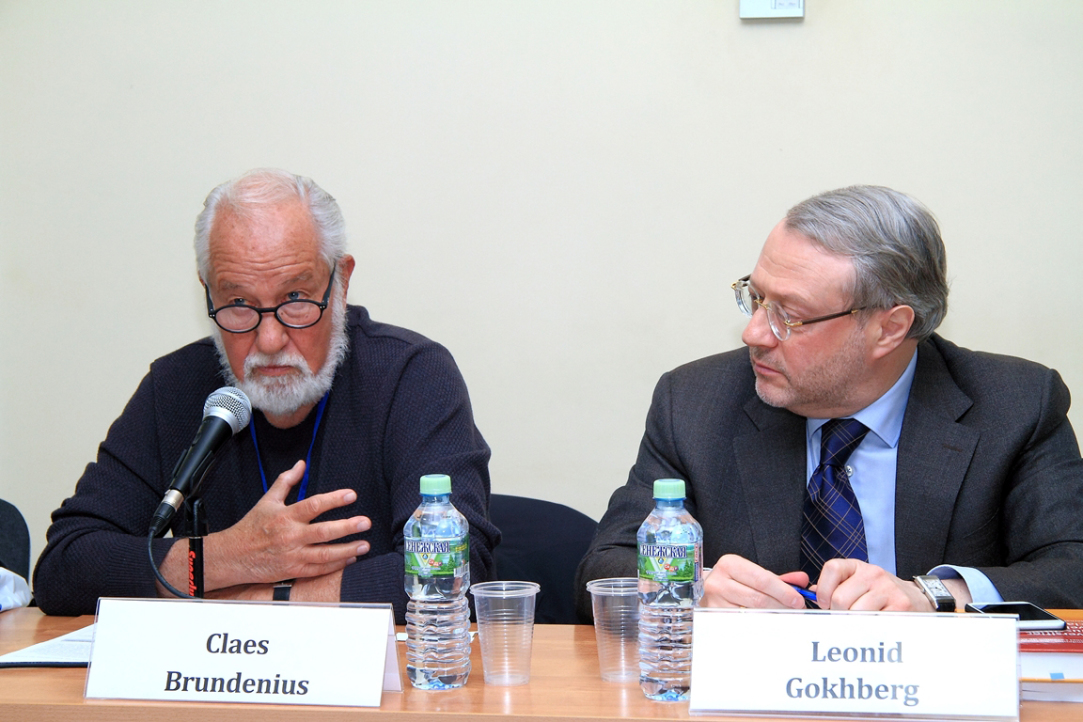
“The Government and Universities Should Complement One Another in Social Policy”
An important area being researched today is the relationship between universities and the government in the formation of socioeconomic policy, and this discussion was raised at the international seminar “Universities, Inclusive Development, and Social Innovation” that took place as part of HSE’s XVIII April International Academic Conference.
Can the Future Economy Develop Without Increasing in Energy Consumption?
On April 3, 2017, the traditional HSE and International Energy Prize “Global Energy” joint foresight session was held at the Higher School of Economics, marking the announcement of the Prize. Its participants discussed structural changes in the energy sector until 2050, in particular, global trends in this sector, conservative and visionary scenarios for its development and proposals for politicians.
“Who is Going to Supervise Policy-Shaping Machines?”
Andrea Di Maio, a Managing Vice President in Gartner Research, spoke about forthcoming changes in the public sector’s digital services, and technology and social trends supporting the shift from e-government to digital government. On 20 March the Gartner’s top manager made a presentation to staff members of the HSE Institute for Statistical Studies and Economics of Knowledge, and the Institute for Public Administration and Governance.
Science Diplomacy is Gaining “Soft Power”
On February 21, in the framework of the HSE ISSEK Master’s Programme “Governance of Science, Technology and Innovation” Professor Pierre-Bruno Ruffini of the University of Le Havre (France) delivered a public lecture on key aspects of “science diplomacy”, which is turning into an increasingly important element of various countries’ influence strategies and the main “soft power” tool in their competing for people’s “hearts and minds”.
